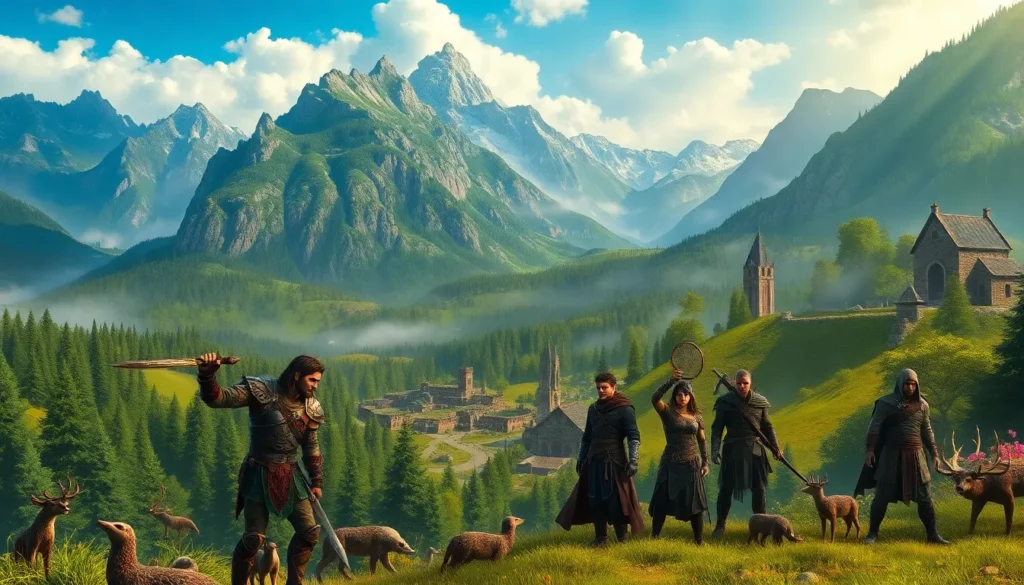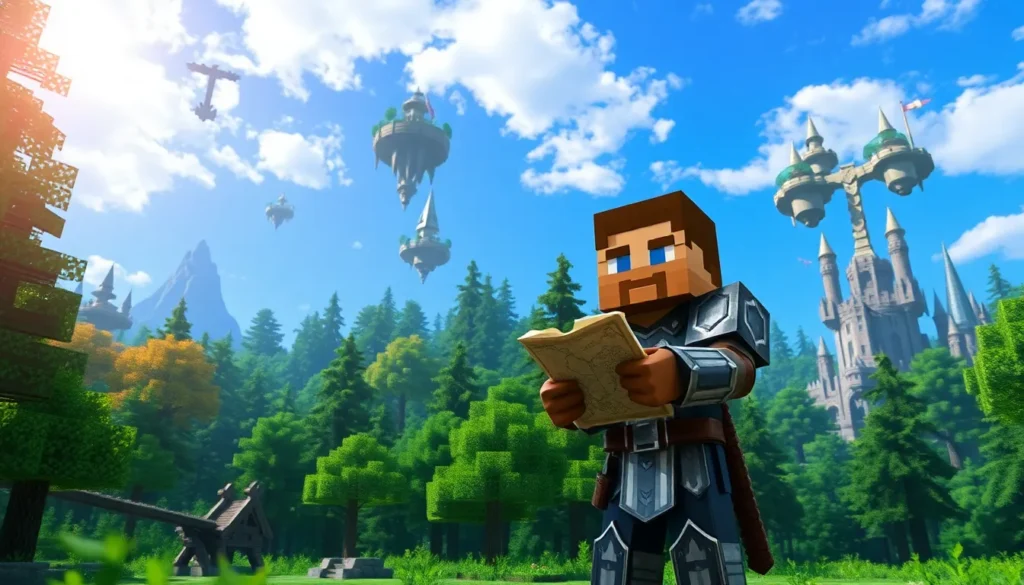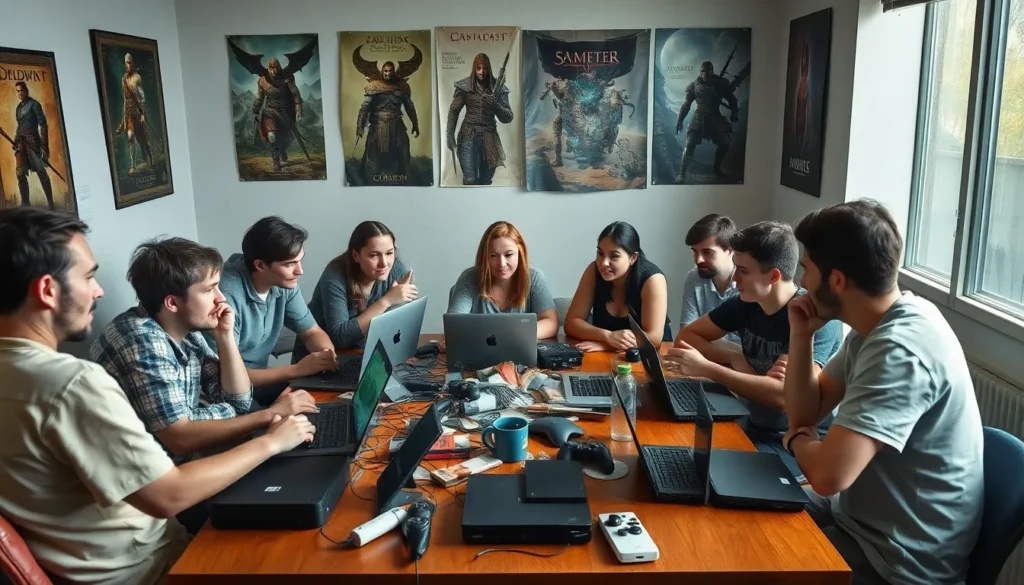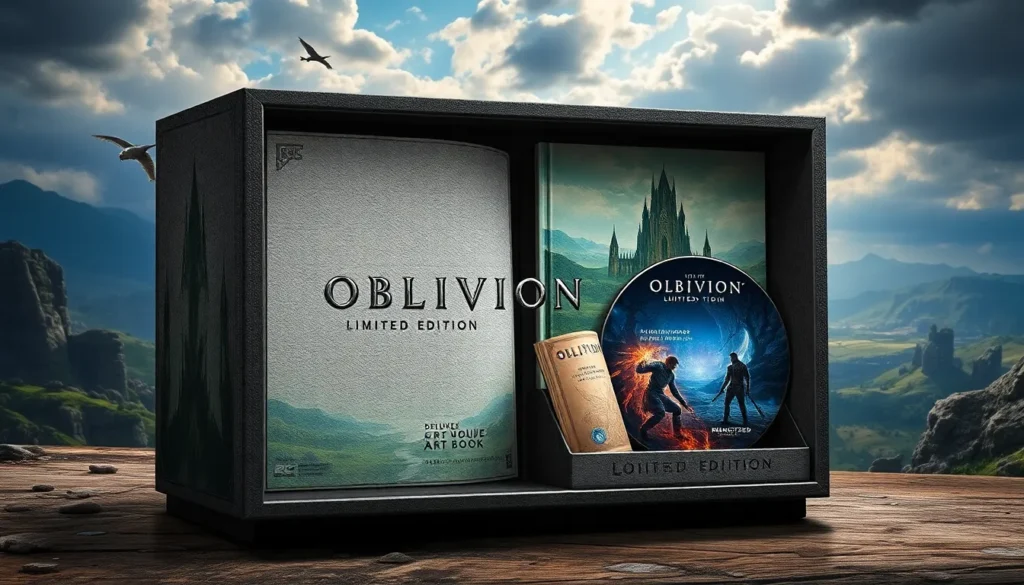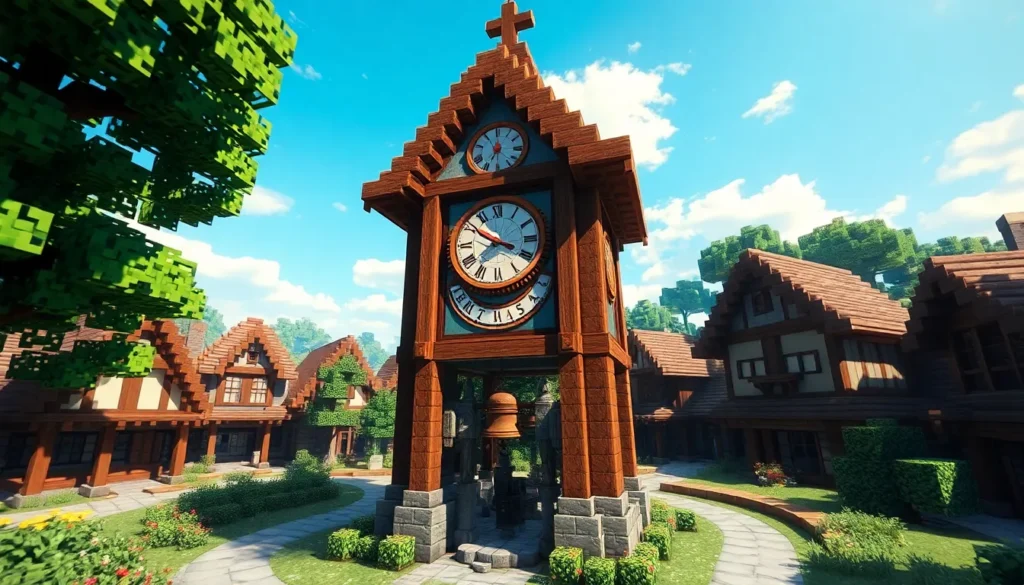In a world where dragons soar and magic flows like a fine wine, Oblivion stands tall as a beacon of classic RPG elements. This game isn’t just a stroll through the picturesque landscapes of Tamriel; it’s a labyrinth of quests, character development, and choices that can make or break a hero’s journey. If you’ve ever dreamed of wielding a sword while chatting up a charming NPC, you’re in for a treat.
Overview of Oblivion
Oblivion showcases a stunning open world filled with diverse landscapes and intricate lore. Players traverse the province of Cyrodiil, encountering various quests and challenges. The game incorporates a robust character development system, allowing for personalized gameplay experiences.
Quests often involve branching storylines, which can significantly impact the game world and character relationships. Non-playable characters (NPCs) exhibit unique behaviors and personalities, enriching interactions. Combat mechanics highlight both strategy and skill, with various weapon and magic options available.
Exploring dungeons and caves uncovers treasures and hidden lore, enhancing the immersive experience. Players can also engage in crafting and alchemy, providing opportunities for resource management. Faction quests present unique story arcs, catering to different playstyles and moral choices.
Oblivion’s cycle of day and night contributes to a dynamic environment, impacting NPC routines and events. Nature sounds and environmental graphics create an enchanting atmosphere. The game’s soundtrack further immerses players in their journey.
Choices made throughout the game resonate deeply within the story and can lead to multiple outcomes. Each decision shapes the protagonist’s development, influencing alliances and rivalries. Engaging in the main quest or side quests allows varying degrees of exploration and character growth.
Overall, Oblivion stands out among classic RPGs, inviting players to lose themselves in a world where every action matters.
Key Classic RPG Elements
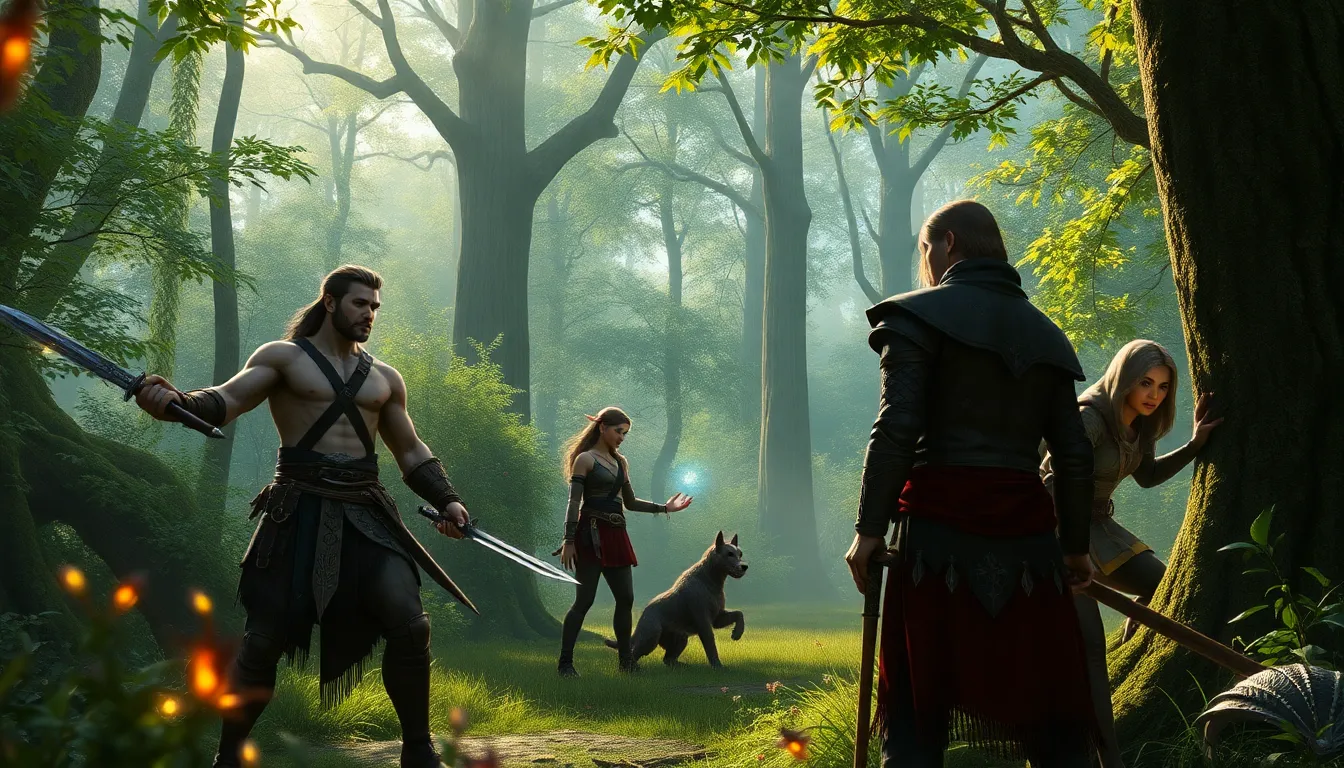
Oblivion integrates essential classic RPG elements, enhancing player engagement through immersive gameplay.
Character Development
Character development plays a crucial role in Oblivion. Players shape their heroes through choices in appearance, race, and abilities. Experience points accumulate as players complete tasks, unlocking new skills and attributes. Choices in skills influence gameplay styles, creating unique character builds. As characters advance, personal traits evolve, reflecting players’ decisions and challenges faced. Therefore, each hero’s journey becomes a personalized experience, culminating in distinct story arcs rooted in character identity.
Skill Systems
Skill systems in Oblivion offer depth and complexity. Each character can specialize in various skills across three categories: combat, magic, and stealth. Increasing skill levels unlock new capabilities, allowing for strategic gameplay. Players must engage in practice, utilizing skills frequently to enhance proficiency. Skills, combined with a leveling system, dictate overall power and effectiveness in combat scenarios. Choosing a robust skill set fosters adaptive strategies, preparing players for evolving challenges throughout the game.
Quests and Exploration
Quests and exploration define the heart of Oblivion’s gameplay experience. Players encounter a plethora of main story quests and side quests, each presenting unique narratives. Engaging with various factions introduces multiple storylines, encouraging exploration and player choice. Each quest offers diverse challenges, from combat encounters to puzzle-solving scenarios. A seamless open world invites players to immerse themselves in Cyrodiil’s rich landscape. Exploration rewards players with hidden treasures and lore, enhancing the overall sense of adventure in their quests.
World-Building in Oblivion
Oblivion features a richly constructed world that captivates players. It immerses them in narratives woven with deep lore and detailed environments.
Lore and Narratives
Lore establishes the foundation of the game, providing history and context for players. The story unfolds through various quests and characters, drawing players into the rich mythology of Tamriel. Players encounter ancient ruins, powerful artifacts, and legendary beings while unraveling the mysteries of the universe. Each quest branches into different outcomes, allowing personalized experiences. Characters possess unique backstories, making interactions meaningful and engaging. The connections between the protagonist and the world deepen as players learn more about its history. Events in the game often echo historical themes, ensuring that players feel invested in their journey.
Interactive Environments
Interactive environments in Oblivion enhance player immersion significantly. Players can explore lush forests, towering mountains, and intricate cities filled with life. NPCs populate the world, attending to daily routines that change based on the time of day. Players witness merchants selling goods or guards patrolling the streets, creating a vibrant atmosphere. Hidden secrets await in dungeons and caves, encouraging exploration and discovery. Environmental details, such as weather changes and sounds of nature, contribute to the overall experience. Objects within the world can be interacted with, allowing players to feel a direct connection to their surroundings. This dynamic interplay between player actions and environments fosters a sense of agency and adventure.
Combat Mechanics
Combat in Oblivion combines both strategy and skill, featuring a balance between magic and melee options. Players can tailor their approach, depending on personal play styles.
Magic vs. Melee
Magic users benefit from a broad range of spells, offering destructive and supportive capabilities. Cast spells from a distance, applying elemental effects on enemies. Melee combat appeals to players who prefer direct engagement, utilizing weapons like swords and axes. Combat proficiency increases through practice and skill usage. Each play style provides unique advantages, contributing to dynamic encounters. Adapting strategies enhances success in diverse battle scenarios.
Enemy AI and Strategies
Enemy AI in Oblivion displays varied behaviors, requiring players to adapt their tactics. Foes utilize diverse approaches, from ranged attacks to melee combat, making encounters unpredictable. Some enemies employ stealth, while others charge headfirst into battle. Recognizing enemy patterns plays a crucial role in victory. By exploiting weaknesses, players can devise effective strategies. Positioning also influences outcomes, as higher ground often provides tactical advantages. Experimenting with different tactics fosters a deeper understanding of the combat system.
Visual and Audio Design
Oblivion’s visual design captivates players with its richly detailed environments. Stunning landscapes bring the province of Cyrodiil to life, featuring lush forests, rolling hills, and ancient ruins. Textures enhance the immersion, showcasing the intricate architecture of cities and the beauty of natural formations. NPCs are designed with unique appearances and animations, creating a vibrant world filled with life.
Lighting systems contribute significantly to the atmosphere. Day-night cycles cast dynamic shadows and alter the ambiance, adding depth to gameplay. Weather changes further enhance the experience, with rain and fog affecting visibility and player interactions. Each environment is crafted to evoke a particular mood, ensuring that players remain engaged.
Audio design plays an essential role in shaping the overall experience. Environmental sounds like rustling leaves and flowing water blend seamlessly into the landscape. NPC dialogue is varied and believable, adding layers to character interactions. A well-composed soundtrack accompanies significant moments, heightening emotions during quests and battles.
Overall, visual and audio elements work in tandem to create an immersive RPG experience. The stunning visuals draw players into a captivating world, while the audio design enhances the sense of presence. Together, these features encourage exploration and interaction, making Oblivion a memorable title in the RPG genre.
Oblivion stands as a testament to the enduring appeal of classic RPG elements. Its vast world invites players to explore and engage with a rich tapestry of quests and characters. The depth of character development and the impact of player choices create a personalized journey that resonates long after the game is over.
The intricate combat mechanics and immersive environments further enhance the experience, offering layers of strategy and exploration. As players traverse the landscapes of Tamriel, they encounter a vibrant world filled with lore, challenges, and memorable interactions. Oblivion not only captivates through its gameplay but also leaves a lasting impression on the RPG genre, ensuring its place in the hearts of gamers for years to come.

